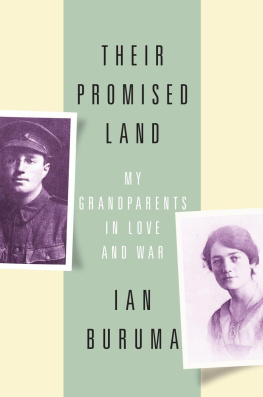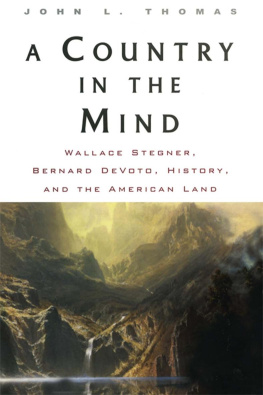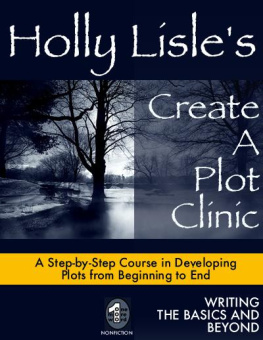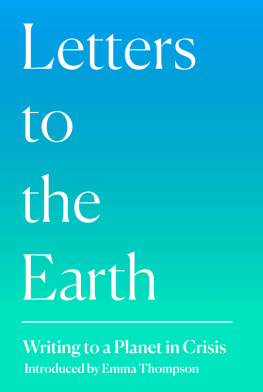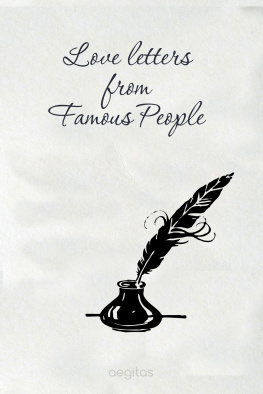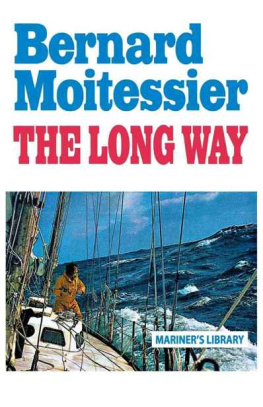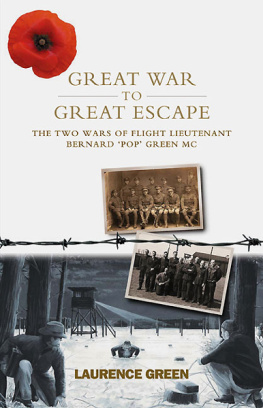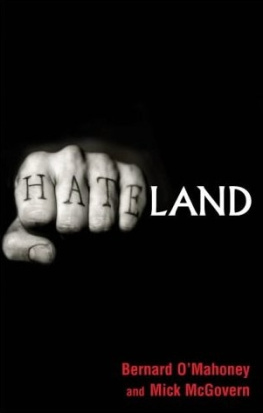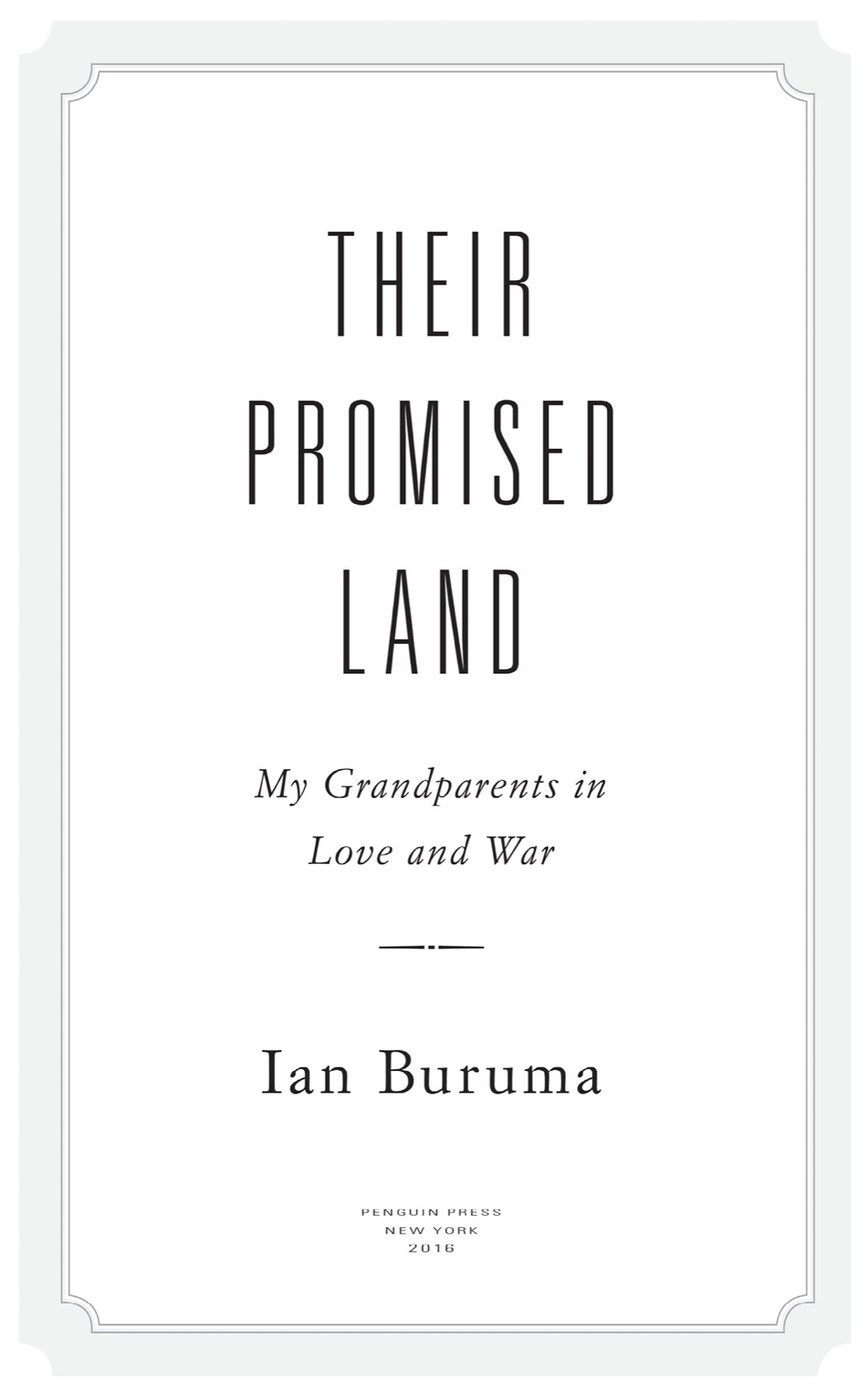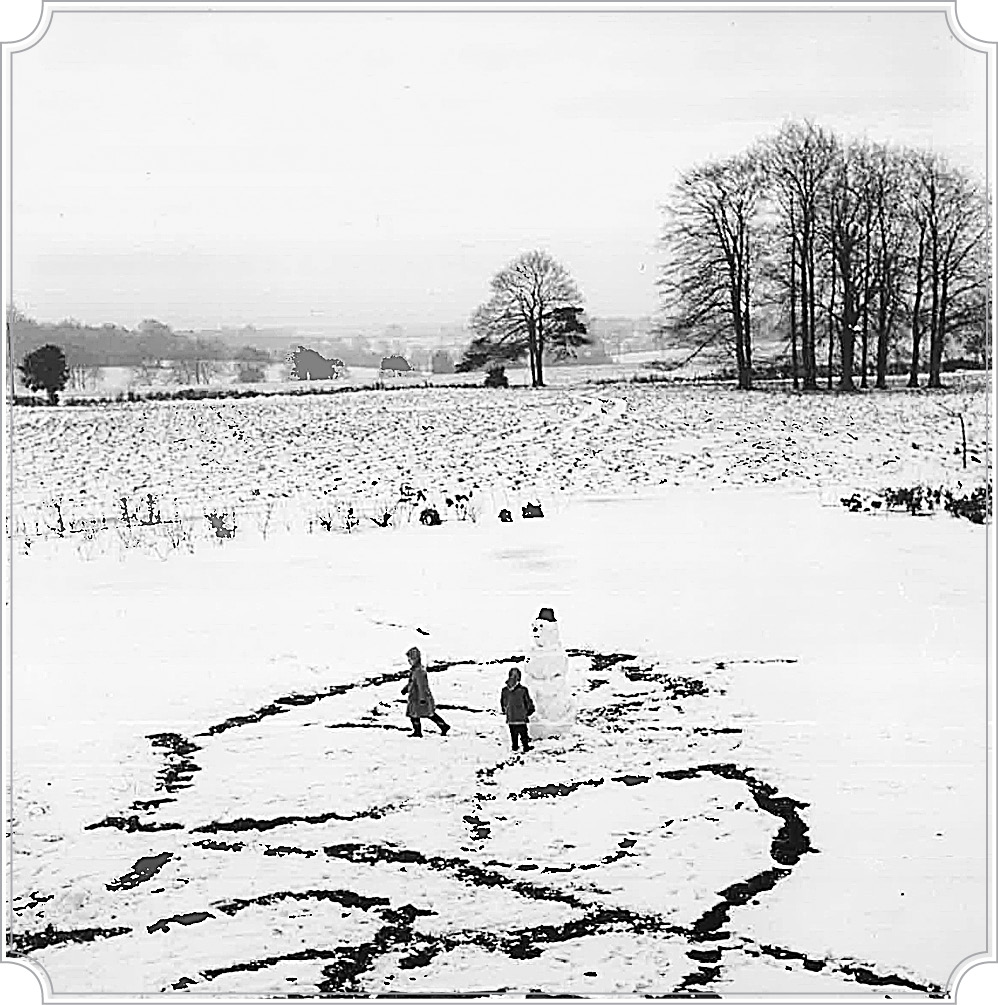ALSO BY IAN BURUMA
Theater of Cruelty: Art, Film, and the Shadows of War
Year Zero: A History of 1945
Taming the Gods: Religion and Democracy on Three Continents
The China Lover: A Novel
Murder in Amsterdam: Liberal Europe, Islam, and the Limits of Tolerance
Conversations with John Schlesinger
Occidentalism: The West in the Eyes of Its Enemies
Inventing Japan: 18531964
Bad Elements: Chinese Rebels from Los Angeles to Beijing
The Wages of Guilt: Memories of War in Germany and Japan
Anglomania: A European Love Affair
The Missionary and the Libertine: Love and War in East and West
Playing the Game
Behind the Mask: On Sexual Demons, Sacred Mothers, Transvestites, Gangsters, Drifters and Other Japanese Cultural Heroes
The Japanese Tattoo (text by Donald Richie, photographs by Ian Buruma)
PENGUIN PRESS
An imprint of Penguin Random House LLC
375 Hudson Street
New York, New York 10014
penguin.com
Copyright 2016 by Ian Buruma
Penguin supports copyright. Copyright fuels creativity, encourages diverse voices, promotes free speech, and creates a vibrant culture. Thank you for buying an authorized edition of this book and for complying with copyright laws by not reproducing, scanning, or distributing any part of it in any form without permission. You are supporting writers and allowing Penguin to continue to publish books for every reader.
Photographs courtesy of the author
Library of Congress Cataloging-in-Publication Data
Names: Buruma, Ian.
Title: Their promised land : my grandparents in love and war / Ian Buruma.
Description: New York : Penguin Press, 2016. | Includes index.
Identifiers: LCCN 2015043408 (print) | LCCN 2015045219 (ebook) | ISBN 9781594204388 (hardback) | ISBN 9780698410183 (ebook)
Subjects: LCSH: Schlesinger, Bernard, 1896-1984--Correspondence. | Schlesinger, Winifred, 1897-1986--Correspondence. | Jews--England--London--Biography. | Jews, German--England--London--Biography. | Jews, German--Cultural assimilation--England--London. | Spouses--England--London--Biography. | World War, 1914-1918--Biography. | World War, 1939-1945--Biography. | Love-letters--England--London. | Buruma, Ian. | BISAC: HISTORY / Jewish. | HISTORY / Modern / 20th Century. | BIOGRAPHY & AUTOBIOGRAPHY / Historical.
Classification: LCC DS135.E6 A1176 2016 (print) | LCC DS135.E6 (ebook) | DDC 305.892/404210922--dc23
LC record available at http://lccn.loc.gov/2015043408
Version_1
For Isabel and Josephine
CONTENTS
DONT LIKE THE NAME

Asked whether he believed in happy marriage, Philip Roth replied: Yes, and some people play the violin like Isaac Stern. But its rare.
Claudia Roth Pierpont,
Roth Unbound: A Writer and His Books
W hen I think of my maternal grandparents, I think of Christmas. Since they both lived into the 1980s, I can think of many other things too. But Christmas at St. Mary Woodlands House, the large vicarage in Berkshire where they lived next to Woodlands St. Marys, a mid-Victorian Gothic church, now no longer in use, will always be my childhood idyll.
Age in these memories is rather indistinct. Anything between six and fourteen, I suppose. Roughly between 1958 and 1966. Between grey Marks and Spencer shorts and my powder-blue Beatles hat.
Nothing could ever match the thrill of arriving late at night, exhausted and a little sick from spending much of the day in our family car thick with my mothers cigarette smoke, having started early that morning in The Hague, crossing the choppy North Sea on a Belgian ferryboat smelling of petrol fumes and vomit (the British Rhine Army going home), waiting for hours in the customs shed at Dover, crawling endlessly along one-lane country roads, taking in the familiar English winter odors of soot and bonfire smoke, and then finally pulling into the graveled drive of St. Mary Woodlands, to be greeted with the jovial laughter of my grandfather, Grandpop, wearing a green tweed jacket and smoking a pipe.
The two-story house with its large windows and elephant-grey stucco walls was not grand, even though my memory has greatly expanded its size as though it were one of the great English country houses. It was not. But it was spacious. And it gave off a sense of solid Victorian comfort. A lawn, about the size of two football fields, at the rear of the house, flanked by broad flowerbeds tended by my grandmother, backed into a line of high oak trees, home to hundreds of cawing rooks, looking out to what is now the M4 motorway.
The lawn was used in summer for games of croquet and village fetes. Ladies in hats inspected the wooden tables laden with prize fruits, vegetables, and homemade cakes. There were coconut shies, a tombola, and lucky dips. The vicar of St. Marys mingled with surgeons, retired colonels, assorted family members, and the odd local aristocrat, such as Lady S., who was cheerfully drunk before lunch, and usually accompanied by a formidable lady in tweeds, known to us as Major C. Sherry was served on the terrace. High tea came with cakes, scones, chocolate biscuits, and cucumber sandwiches. These domestic scenes were always bathed in sunshine, of course, followed by the long shadows and golden light of early summer evenings.
Christmas at St. Mary Woodlands, my sister and me
Just so, in my minds eye, the lawn never failed to be buried under a thick blanket of snow at Christmas.
After piling out of my fathers car, we would enter the house through the kitchen, where Laura, the beloved family cook, hovered over the stove, a cigarette dangling from the corner of her mouth on the verge of dripping ash onto a freshly roasted lamb.
There were other char ladies who loom large in my childhood memories, such as the toothless Mrs. Tuttle, the pale and birdlike Mrs. Dobson, and an enormously stout lady with a neighing laugh, named Mrs. Mackerell, with whose husband, Old Butt, my grandfather would repair once a year to a local pub for his Christmas drink.
To the side of the kitchen was Lauras room, a dark, messy space with a strong whiff of sweat, dog, and unwashed stockings. This was where the only television set in the house was installed. TV was not really approved of by my grandparents, hence perhaps its banishment to the houses least salubrious corner. I spent many happy hours there, alone or sometimes with Laura, watching English comedy shows in black and white (Frankie Howerd and Sidney James) and American westerns (The Lone Ranger and Gunsmoke). No one else watched television much. An exception was made when a member of the family was on the TV. My aunt Susan played Samuel Pepyss wife in a series based on his diaries; my uncle John, before becoming a famous film director, made documentaries for the BBC about fine English cheeses, World War II generals, art school students, and Georges Simenon speaking about his sexual conquests through a haze of tobacco smoke. John also had a brief career as an actor. I remember seeing him in Lauras room as a minstrel pretending to play the mandolin while singing a song to Roger Moore in an episode of

